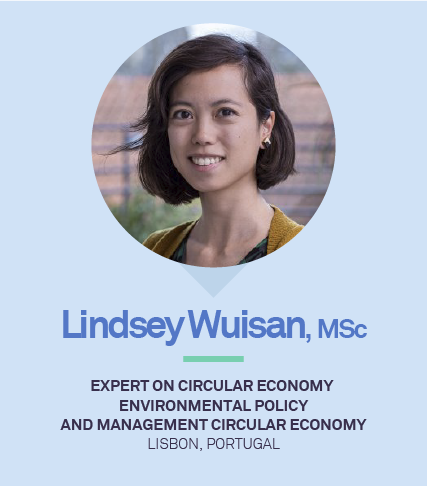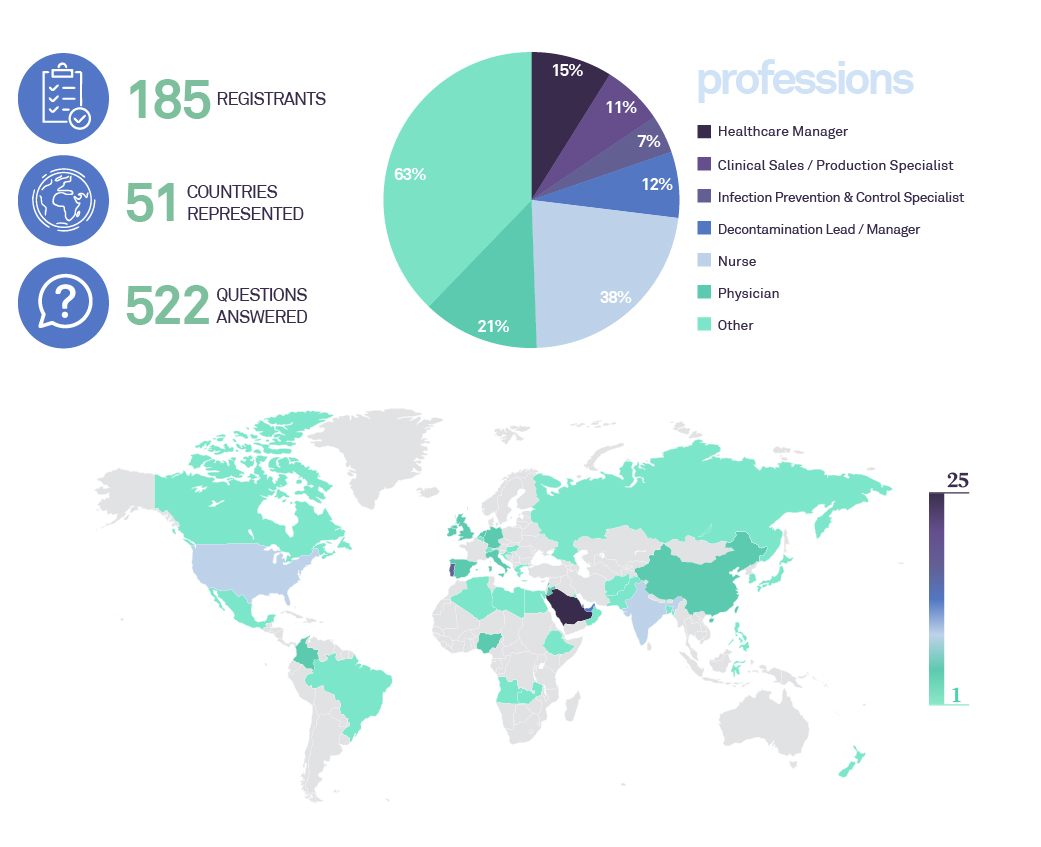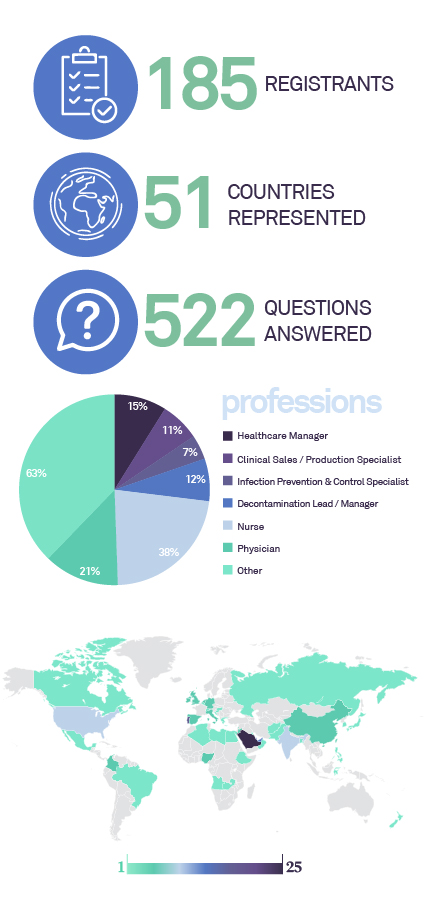During the first webinar, Lindsey Wuisan (MSc, NL/PT) will kick-off the series by giving a general overview of Circular Economy (CE) and the opportunities for the healthcare sector. The presentation will start with the environmental imperative and an introduction to the concept and main principles. Furthermore, key strategies to implement CE in practice will be presented as well as the opportunities (and risks) for the healthcare sector. Lastly, inspiring examples of circular initiatives in the healthcare sector will be shared.
Firstly, the rationale and urgency behind the Circular Economy (CE) are described by providing evidence of the environmental degradation caused by a linear economy as the extensive use of natural resources threatens to exceed the carrying capacity of the Earth. A clear definition of CE is given as well as the key principles behind the concept: 1. Minimize resource extraction and material use; 2. Keep products in use as long as possible; 3. Close material cycles; 4. Prevent pollution and regenerate ecosystems; 5. Create economic and social value.
In the second part, the operational strategies (9R Framework) that are necessary to implement the CE principles in practice are presented. These include, amongst others, Rethink, Reduce, Reuse, Repair, Refurbish, Remanufacture and Recycle. Also, the main areas of action are shortly described, ranging from innovative business models to circular design and reverse logistics (take-back systems).
Inspiring examples are given of concrete initiatives that have been implemented by institutions in the healthcare sector (or other public sectors), actively contributing to a circular economy. E.g. substituting single-use by reusable materials & products; prevention of food waste in hospitals; circular textiles; a performance-based model for lighting; repair, remanufacturing and reuse of medical equipment. There is a lot of potential for healthcare institutions to implement circular principles in their own operations.
Reducing the use of primary resources, maintaining the highest value of materials and products and moving towards renewable energy (& energy-efficiency) have many positive health implications as well as economic benefits. There is also potential for significant (health) benefits from circular business models that design out waste & pollution and focus on performance & quality in the procurement of equipment.
This is the first webinar dedicated to “Circular Economy in Medical Device Reprocessing: a roadmap for new solutions”, presented by ASP Continuous Education.
25th of May 2022


• Founder & Policy Officer of Circular Economy Portugal.
• Expert in ISO/TC 323 on Circular Economy and circularity assessment
• More than 10 years of experience with environmental policies (the Netherlands, Portugal, and at the EU level)
• Specialised in waste policies, plastics, e-waste


MESSAGES
- In a linear economy, the overexploitation and use of (natural) resources lead to significant environmental harm.
- The healthcare sector also has a significant ecological footprint and generates a lot of waste, largely due to widespread use of single-use disposables (materials and devices).
- A CE is a regenerative system in which the use of natural resources is minimized, waste and pollution are prevented, through innovative business models and sustainable modes of production and consumption.
- In a circular economy, emphasis is on upstream design solutions that extend product lifetime (design for reuse, repair, remanufacturing) and enable high-quality recycling, while regenerating ecosystems.
- The healthcare sector can reduce its ecological footprint by using fewer disposables and adopting circular practices. These contribute to sustainable development, create socio-economic opportunities, improve public health and cut costs at the same time.


